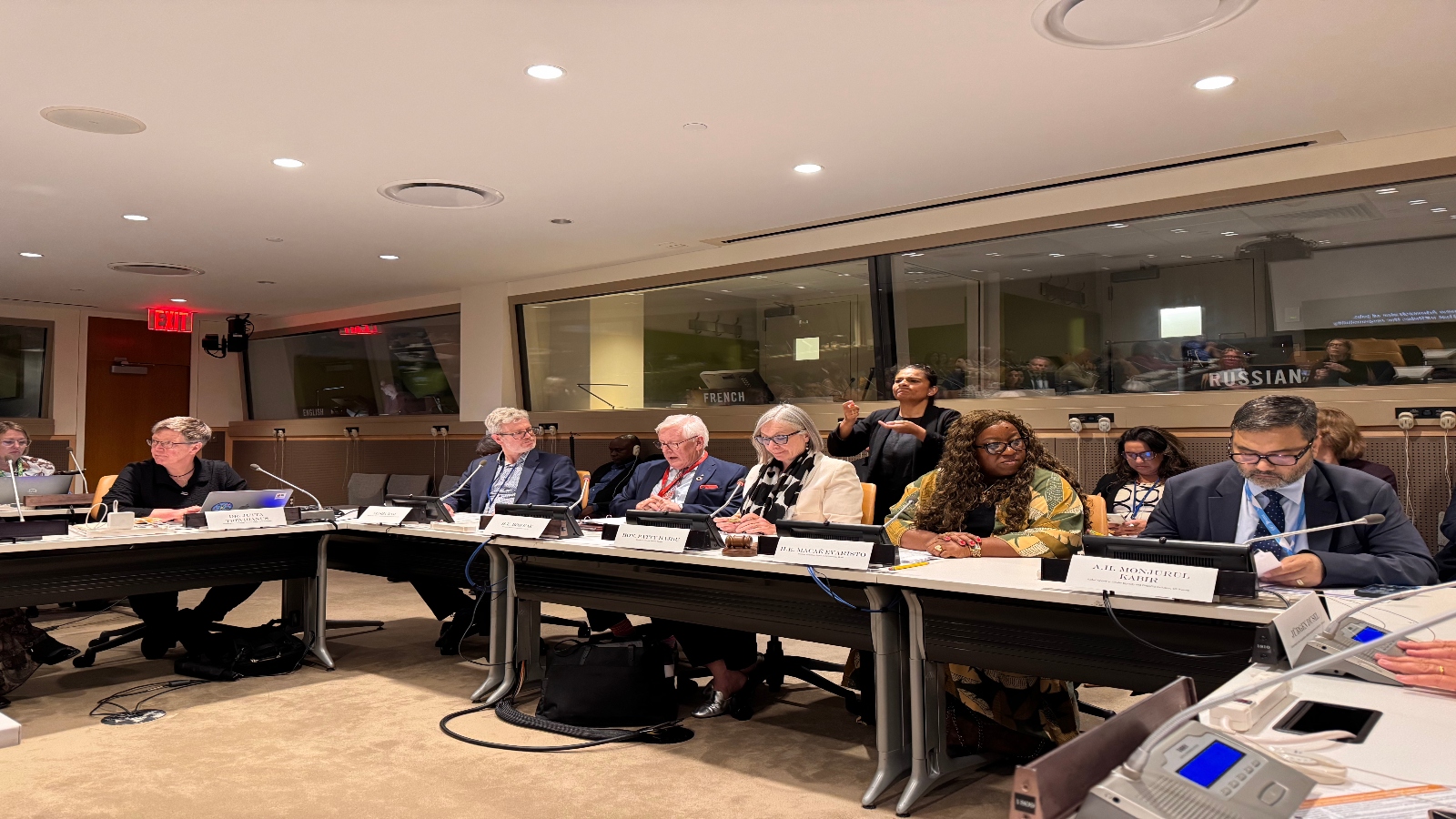
This event, held on Tuesday 10 June 2025 during COSP18, co-sponsored by Canada and UN Women, discussed the transformational role of artificial intelligence (AI) in shaping inclusive employment pathways for persons with disabilities. The discussion emphasized the dual nature of AI: its vast potential to support accessibility, participation, and productivity, and its significant risks, including bias, exclusion, and the reinforcement of existing inequalities – especially for marginalized groups such as women and girls with disabilities.
Several challenges were raised by various speakers across the event:
- Bias in AI systems that disproportionately disadvantages persons with disabilities, especially those whose lived experiences fall outside normative data clusters.
- A persistent “data desert” on disability, exacerbated by a lack of disaggregated, inclusive data and algorithmic models that penalize outliers.
- The monolithic treatment of disability, which overlooks the diversity and spectrum of experiences and needs across disability types, particularly from gender and intersectional perspectives.
- Weak or absent regulatory frameworks capable of governing the behavior of multinational AI developers, particularly in the Global South.
- A broken assistive technology ecosystem, where the cost burden falls on persons with disabilities, and AT is often not integrated into mainstream technologies.
- Limited meaningful participation of women with disabilities in tech design, AI development, and policy decision-making processes.
Key actions and recommendations proposed include:
- Grounding digital and workforce policies in human rights frameworks, particularly the CRPD, and addressing the specific needs of women and girls with disabilities through intersectional approaches.
- Ensuring AI systems are auditable, explainable, and subject to human oversight, particularly in employment-related applications.
- Investing in accessible data infrastructures that support inclusive policy design and quality assurance mechanisms.
- Ensuring accessible and affordable technology, including the integration of assistive tools into mainstream systems and product design.
- Encouraging South-South collaboration through technology transfer to foster innovation and accessibility that reflects the realities on the ground.
- Amplifying diverse lived experiences, especially from women and youth with disabilities, and fostering their meaningful participation.
UN WebTv Recording: Watch here.
 Welcome to the United Nations
Welcome to the United Nations